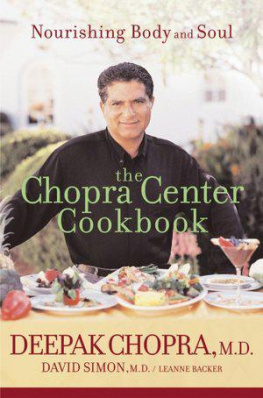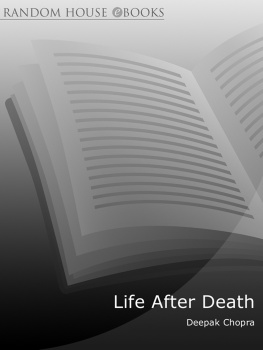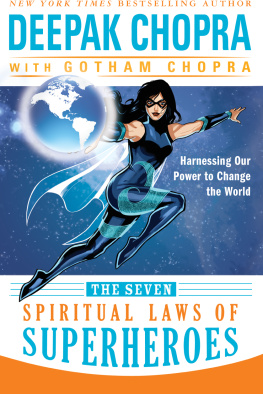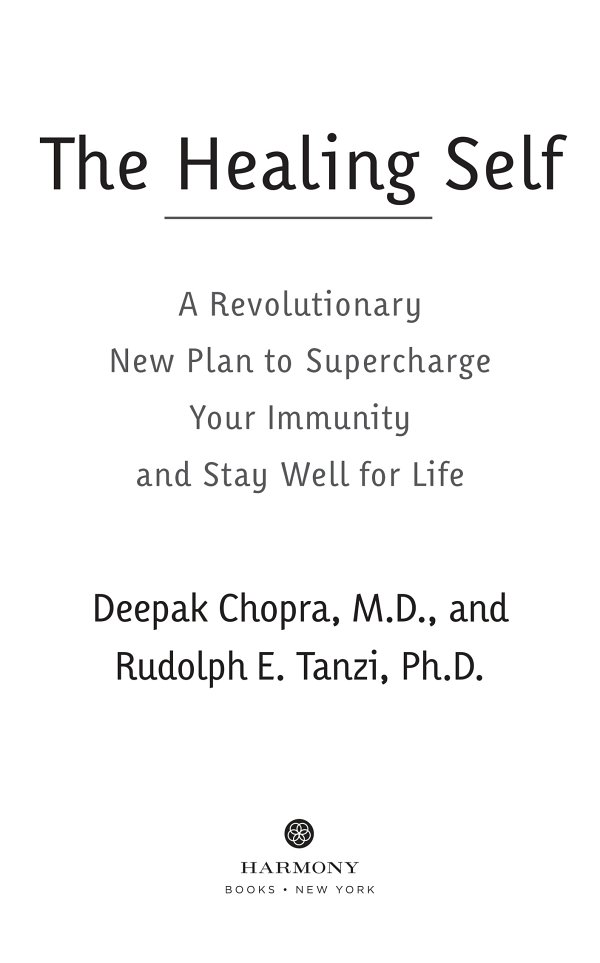Overview
Wellness NowMany Threats, One Great Hope
At the end of July 2017, a startling medical story came across television and the Internet. It was a tip-of-the-iceberg story, although few people realized it at the time. There was too much background noise from the usual stream of health risks people were supposed to heed. Among the latest risks: Working more than fifty-five hours a week can be bad for your health. Pregnant women are at higher risk of not getting enough iodine.
These were not tip-of-the-iceberg storiesmore like the drone of familiar advice that most people have learned to shrug off. But one item was different. Twenty-four experts on old-age dementiathe greatest health threat around the worldwere asked to assess the overall chances for preventing every kind of dementia, including Alzheimers disease. Their conclusion, published in the prestigious British medical journal The Lancet: One-third of dementia cases can be prevented. There is currently no drug treatment to cure or prevent dementia, so this was startling news on the face of it.
What was the key to preventing dementia? Lifestyle changes, with a different focus at every stage of life. The experts singled out nine specific factors that accounted for around 35 percent of dementia cases: To reduce the risk, factors that make a difference include getting an education (staying in school until over the age of fifteen); reducing high blood pressure, obesity, and diabetes; avoiding or treating hearing loss in mid-life; not smoking; getting physical exercise; and reducing depression and social isolation later in life.
One item from the list was startling: staying in school until at least the age of fifteen. What in the world? A dreaded condition of old age could be reduced by doing something when you are a teenager? For that matter, it was also a little peculiar that addressing hearing loss in middle age was related to a lower risk of dementia. Something new was going on. If you looked close enough, this news story was signaling a trend in medicine that promises to be a major revolution.
Not just in dementia, but across the board researchers are drastically pushing back the timeline of disease and life-threatening disorders like hypertension, heart disease, cancer, diabetes, and even mental disorders like depression and schizophrenia. When you catch a winter cold, you notice the symptoms and realize, with annoyance, that you were exposed to the cold virus a few days earlier. The incubation period was short and invisible; only the appearance of symptoms told the tale. But lifestyle disorders arent like that. Their incubation period is invisible but very longyears and decades. This simple fact has become more and more critical in medical thinking. Now it looms larger perhaps than any other factor in who gets sick and who stays well.
Instead of focusing on lifestyle disorders when symptoms appear, or advising prevention when high risk has developed, doctors are probing into normal, healthy life twenty to thirty years earlier. A new vision of disease has been emerging, telling us some very good news. If you practice lifelong wellness, beginning as early as childhood, the many threats that attack us from middle age onward can be defeatedthe secret is to act before any sign of threat appears.
This is known as incremental medicinethe iceberg of which a single story about dementia is the tip. Take the seemingly strange finding about education. Experts estimate that dementia could be reduced by 8 percent globally if kids stayed in school until they were fifteen, one of the biggest single reductions on the list. The reason why traces a long trail. The more educated you are, the more information your brain stores and the better it accesses what youve learned. This buildup of information, starting in childhood, leads to something neuroscientists have identified as cognitive reserve, a boost to the brain in terms of added connections and pathways between neurons. When you have this boost, the memory loss associated with Alzheimers and other forms of dementia is countered, because the brain has extra paths to follow if some grow weak or diseased. (We discuss this in more detail in our section on Alzheimers at the end of the book.)
As medical logic goes, long trails are changing everyones thinking, because they exist in many if not most diseases. Suddenly its not about isolated factors like not smoking, losing weight, going to the gym, and worrying about stress. Its about a continuous style of living where self-care matters every day in every way. Not smoking, losing weight, and going to the gym still have their benefits. But lifelong wellness isnt the same as lowering your risks for disorder A or B. Only a holistic approach will ultimately work. Wellness is no longer just a valid alternative to regular prevention. Its the iceberg, the four-hundred-pound gorilla, and the elephant in the room rolled into one. Wellness is the great hope springing up all around us. When the public gains full knowledge of this fact, prevention will never be the same. But to grasp how radically things will change, we have to back away and examine the current situation in health care, where threat increasingly overwhelms hope.
The Immunity Crisis
Modern medicine makes so many headlines every day that they blur together, and it becomes nearly impossible to sort out whats important here and now. It can seem like just being alive is a risk to your health. So lets simplify things. The most urgent crisis facing human health today comes from something most people take for granted: their immunity. This is the crunch where health and disease clash. Immunity is medically defined as the defense your body mounts against invasive threats, medically known as pathogens. In common parlance these are vaguely lumped together as germs, the host of bacteria and viruses that exists for one purpose, not to make us sick but to promote their DNA. As a biosphere, the Earth is a vast arena in which DNA evolves, and although we feel special, even unique, as human beings, our DNA is only one gene pool among millions.
Immunity is what keeps our genes ahead of survival threats, and it has been brilliantly successful to date. Despite catastrophic events in the history of disease that swamped our DNA like a tsunamismallpox in the ancient world, bubonic plague in the Middle Ages, AIDS in modern times, just to mention a few terrible examplesour immune system has never faced the level of threat it faces today. Smallpox, plague, and AIDS didnt annihilate Homo sapiens as a species, nor has any other pathogen, because three factors saved us:
None of these diseases is so communicable that every person on Earth could catch it. Either the germ couldnt survive in the open air or people lived far enough apart that the disease couldnt survive while crossing the distance between them.






